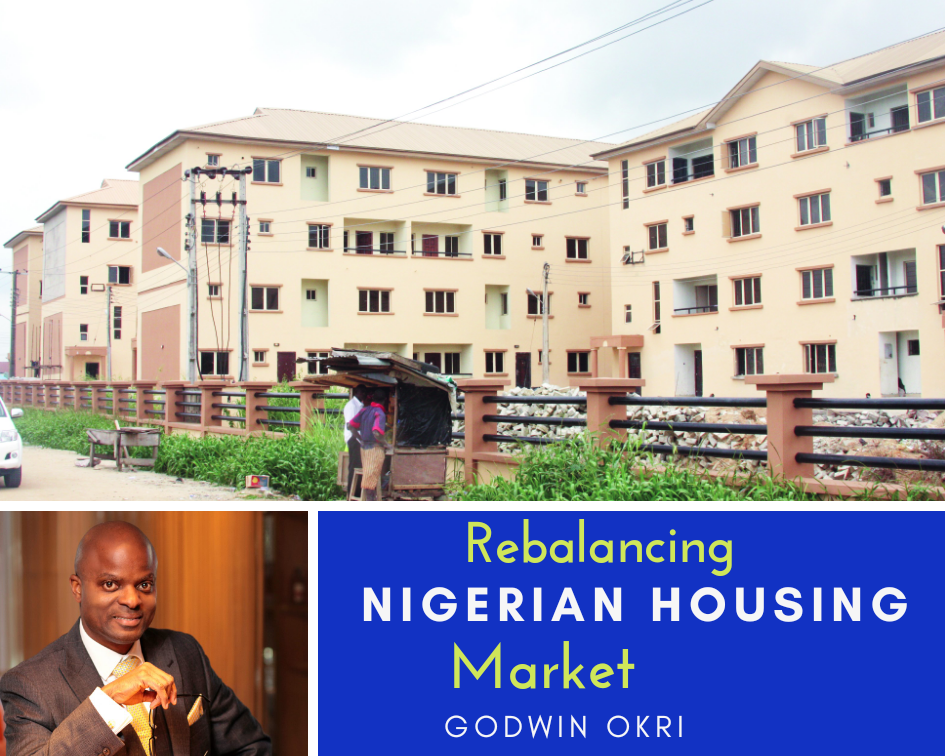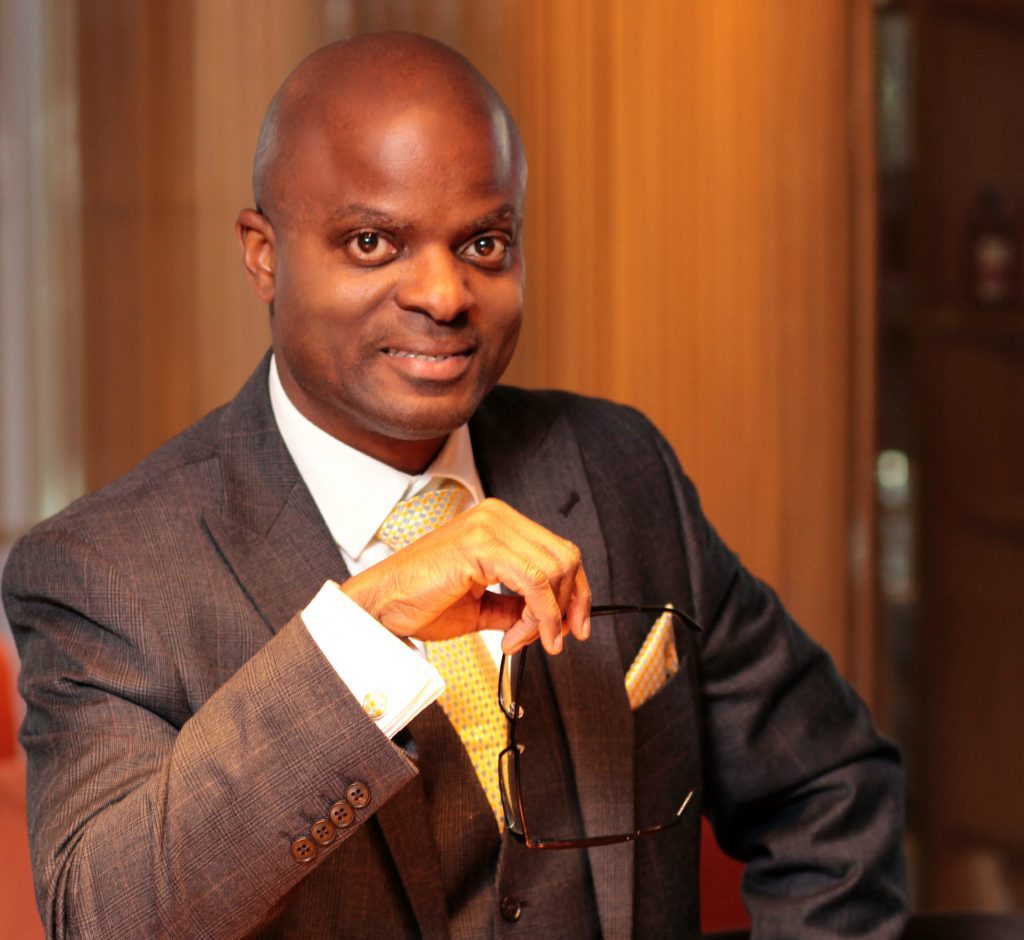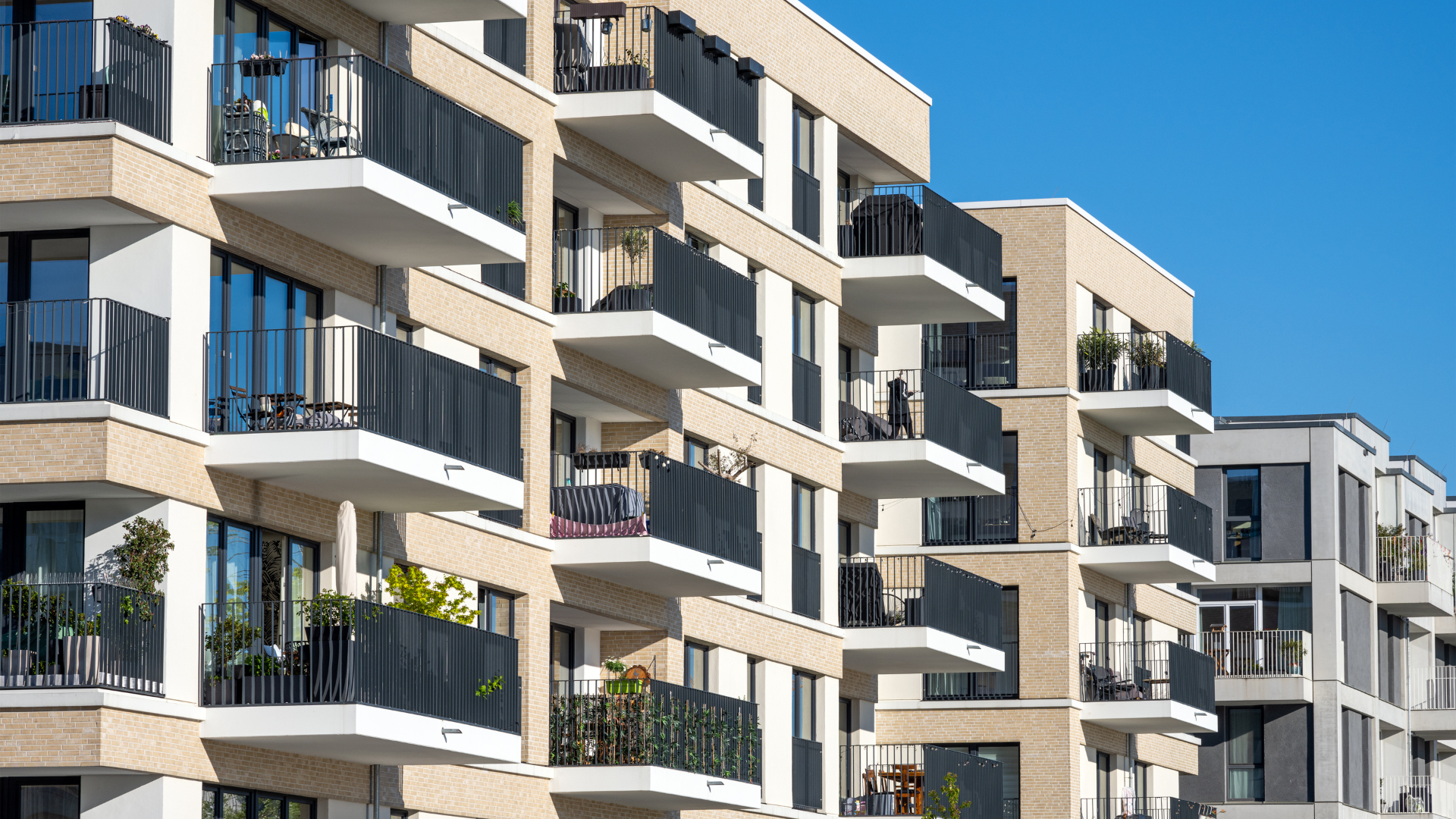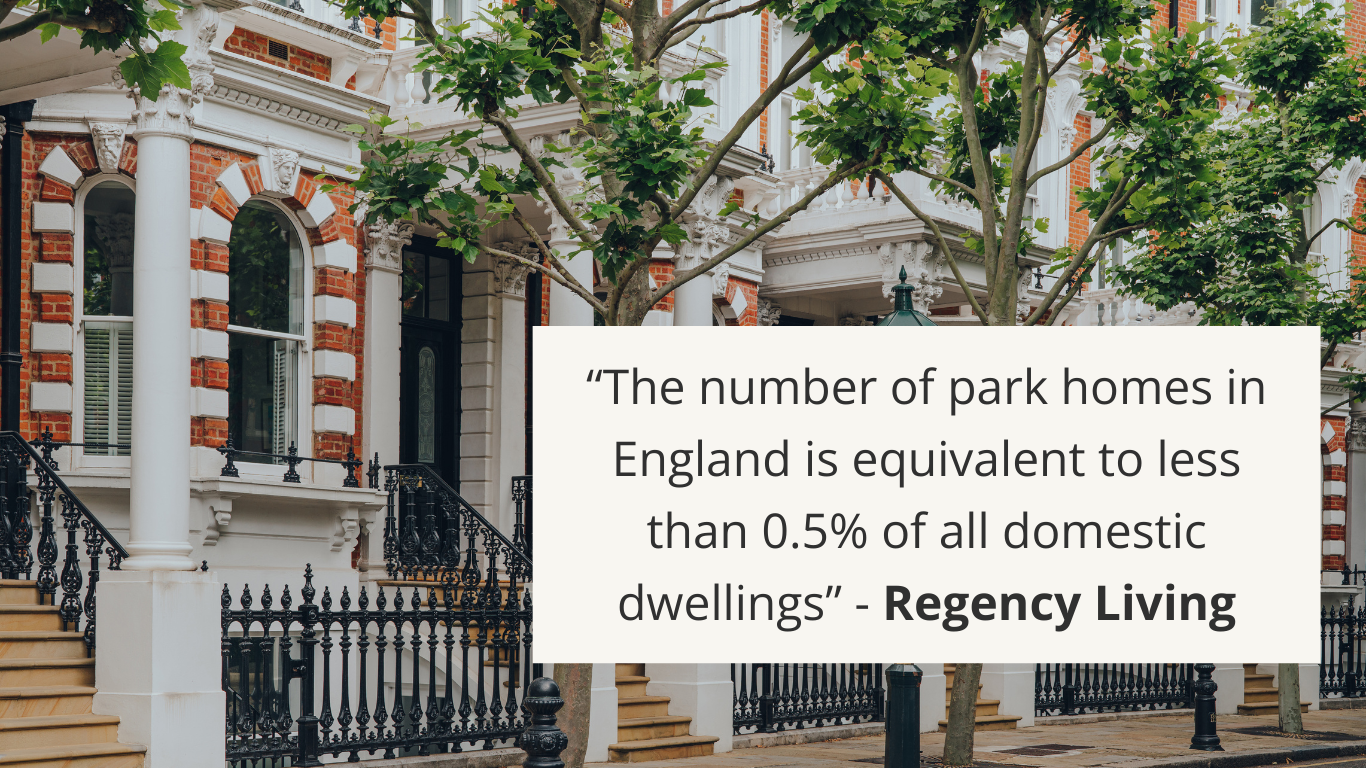
Ethical Capitalism: Rebalancing the Nigerian Housing Market

There is now a new economic activism growing as a result of the 2008 Financial Crisis. The efficacy of capitalism is now being called into question. Consequently, this has opened up a new debate as to the ethical nature of capitalism. It is now the opinion of many that for society to subsist, capitalism should be ethical and should help shape the kind of society we want to live in. So, how ethical is the capitalism practised in the Nigerian housing market? How has it help shape the kind of housing sector we want?
Capitalism is a socio-economic ideology which started in the West during the 1700s and 1800s, which ultimately replaced feudalism. According to Adam Smith, it is the self-interested invisible hands which helps the effective use of resources and ensures profit maximisation.
Although capitalism has helped improve lives economically, there is the criticism that profit is been placed above human well-being. This limitation is enshrined in the Nigerian housing market. For instance, in spite of the preponderance of evidence about housing shortage for most people, the wrong type of properties continued to be built just to cater for the upper class, which is beyond the reach of ordinary people. So there are housing surplus in places like Lekki (an affluent part of Lagos), yet Nigeria needs about 700,000 homes per year to cater for the majority of the people nationwide. The housing deficit to date is about 17 million.
The unavailability of mortgages to assist with the acquisition of homes for most people is also another factor. Only 5% of the 13.7 million housing unit are financed with a mortgage in Nigeria. And the mortgage rates are as high as 15% to 25%. The Banks are playing safe in lending for commercial gains but have been reluctant to create a proliferation of mortgages for the ordinary man in the streets. The Government and the commercial Banks have placed profits above human decency, fairness and stewardship.
The net effect is that the majority of the population are living in squalor and in unsuitable houses because of their inability to raise a mortgage to buy a decent home. They have become the invisible face of society. But, should the capitalism in the Nigerian housing market be allowed to continue in this way?
The answer should be a resounding “No”. Such capitalism is unethical. Even Adam Smith in his book The Theory of Moral Sentiments averred that rational self-interest informed by moral judgments based on fairness and justice would lead to promoting the best interests of society, guided by the invisible hand of the market place.
Thus, the capitalism in the Nigerian housing market should embrace social well being and human happiness. There is therefore the need for meaningful value-infused policies from the Government to ensure people live in decent, affordable homes. This can be achieved in a number of ways.
In order to guarantee that the commercial banks have access to funds to be able to lend to homebuyers, the government can create an enabling environment by encouraging securitization. This would allow traditional banks to sell mortgage notes on the capital market so as to raise more funds to advance as mortgages of First Time Buyers and seasoned investors. These mortgage notes can be backed by the Government to give investors in the Capital market confidence.
The Government can establish a Help to Buy Scheme, whereby a financial contribution is made by the State on behalf of a First Time Buyer towards the purchase price of his family home. The Government can also give interest free loans. This will address the problem of affordability in the system.
The injustice caused by the housing shortage also needs to be addressed. Although the Nigerian Mortgage & Refinance Company (NMRC) and the Federal Mortgage Bank of Nigeria (FMBN) are major players in the housing sector, their offerings are not near enough what is needed to redress the imbalance in the housing sector. For instance, to date the FMBN has only managed to finance 25,600 homes and issued only 16,505 mortgages in a country of 180 million people. This is unsatisfactory. This can be resolved by the Government entering the construction industry and building low cost houses for the low-income earners.
Lastly, our economic model has failed to guarantee the improvement of the Land Registration system, and this is deserving of some attention here. It is no secret that in Nigeria there is no centralised and digitalised land registration system. Even though transparency in the Land Registration system would promote peaceful ownership of property and eventually social happiness, the socio-economic model has not been able to guarantee this. The Government should therefore actively introduce a more workable land registration system suitable for the 21st century.
The effect of all of these is that the improvement of this sector will make the Nigerian society a better place to live and work. This could translate itself into creating happy citizens who would be happy workers for the economy. This will sustain capitalism.
In a nutshell, the Nigerian housing-sector-capitalism should be moulded to serve the Nigerian society at large, not just for the rich and famous. Capitalism is created to serve us, not the converse. It should work for social good, not its destruction. This pragmatic but humane stance would certainly promote the greatest happiness of the greatest number, which is a Utilitarian value that capitalism must adopt.

Godwin Okri is Chief Executive
at MENVO Homes Ltd and a
Realtor in Florida State, USA.
He is the author of the book
Investing in Property with Strategy,
which can be purchased on
Amazon.com.













Comment